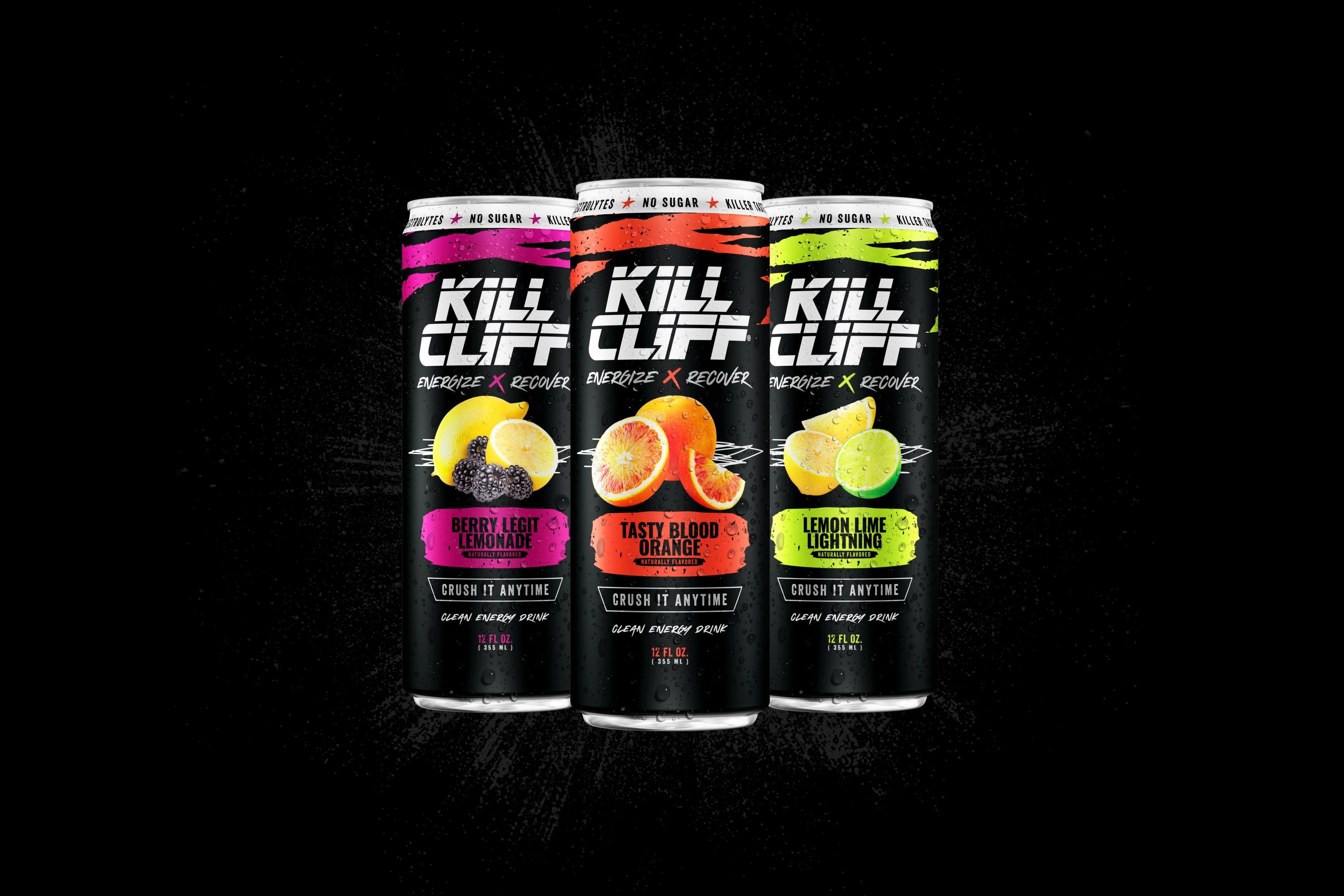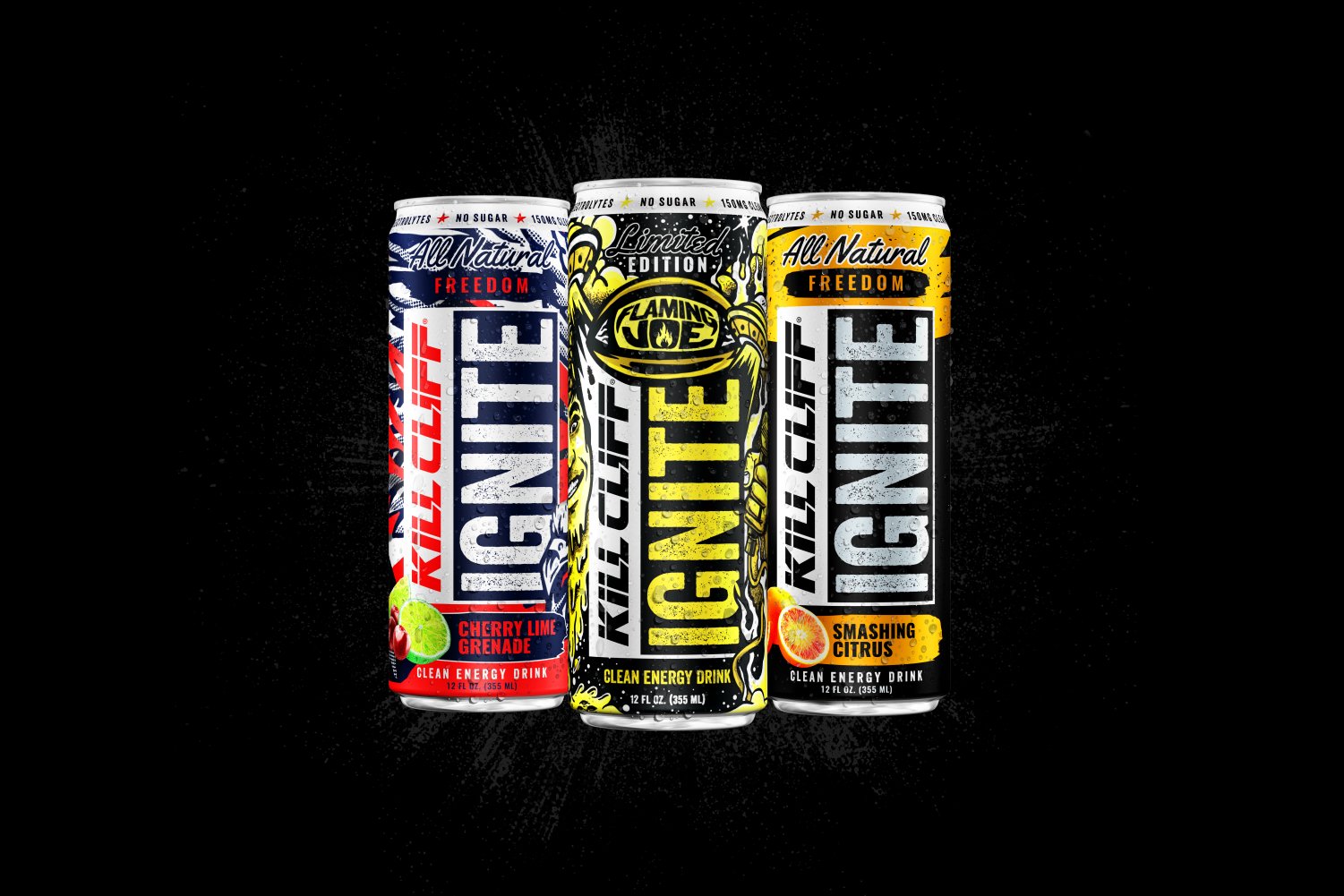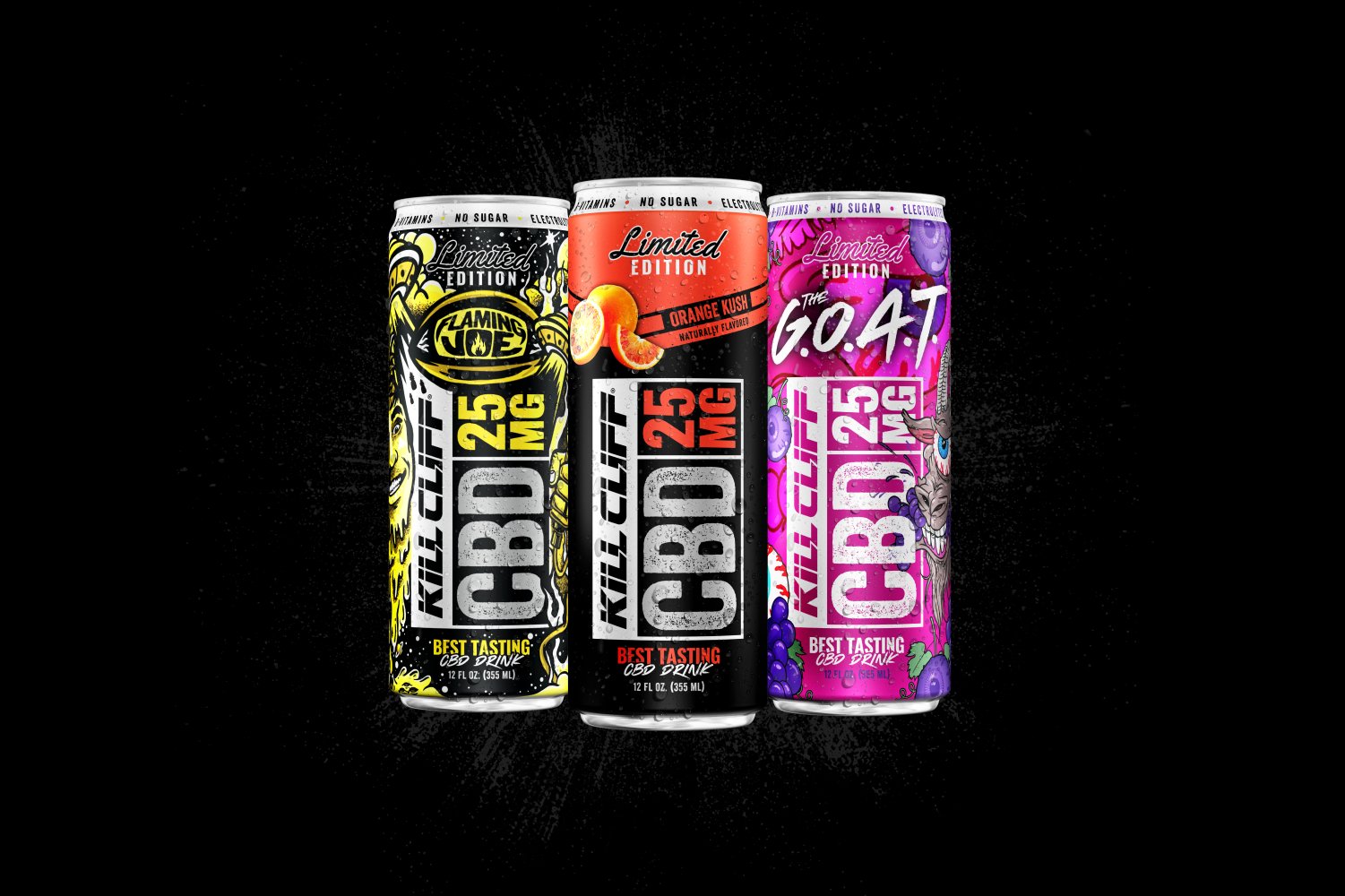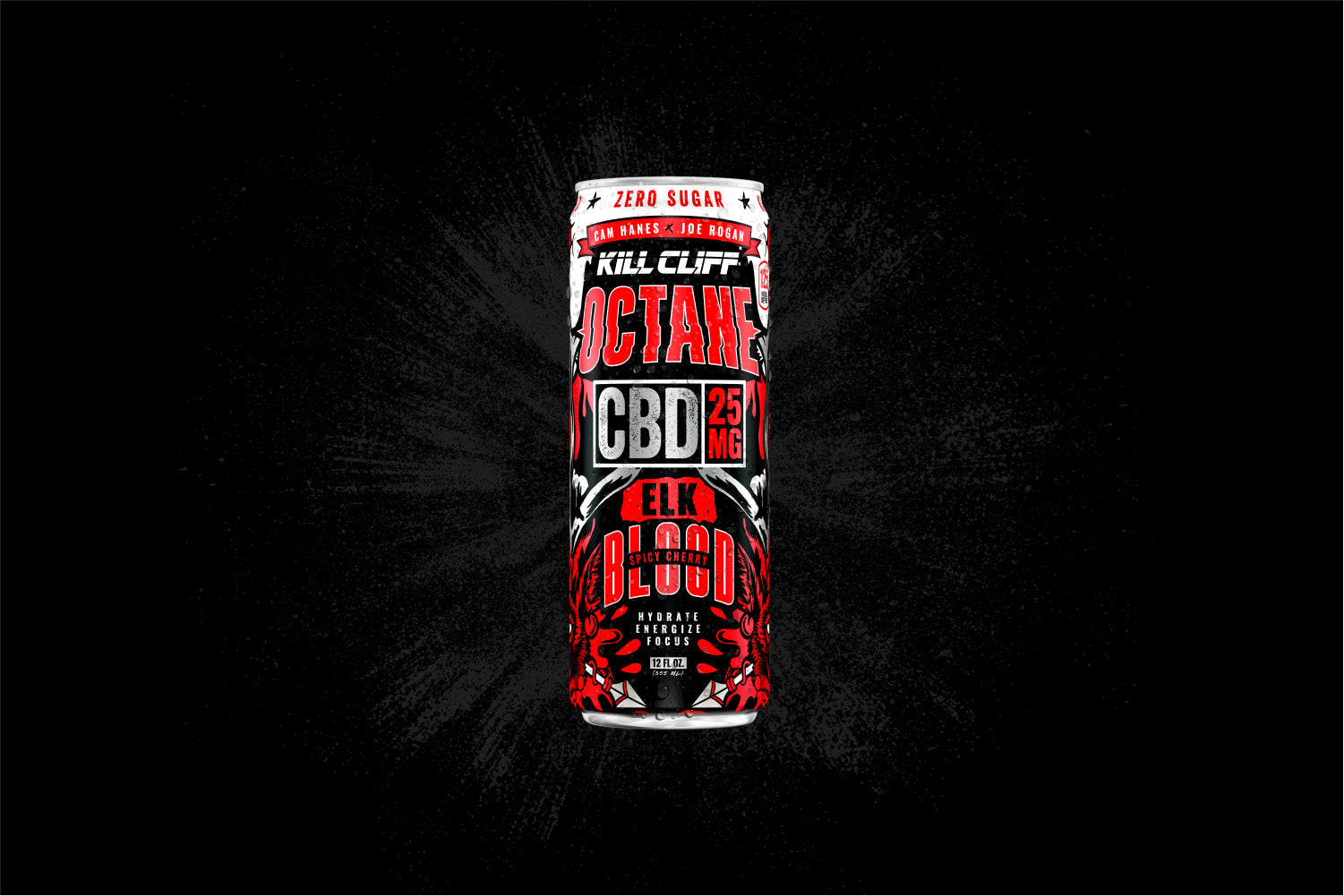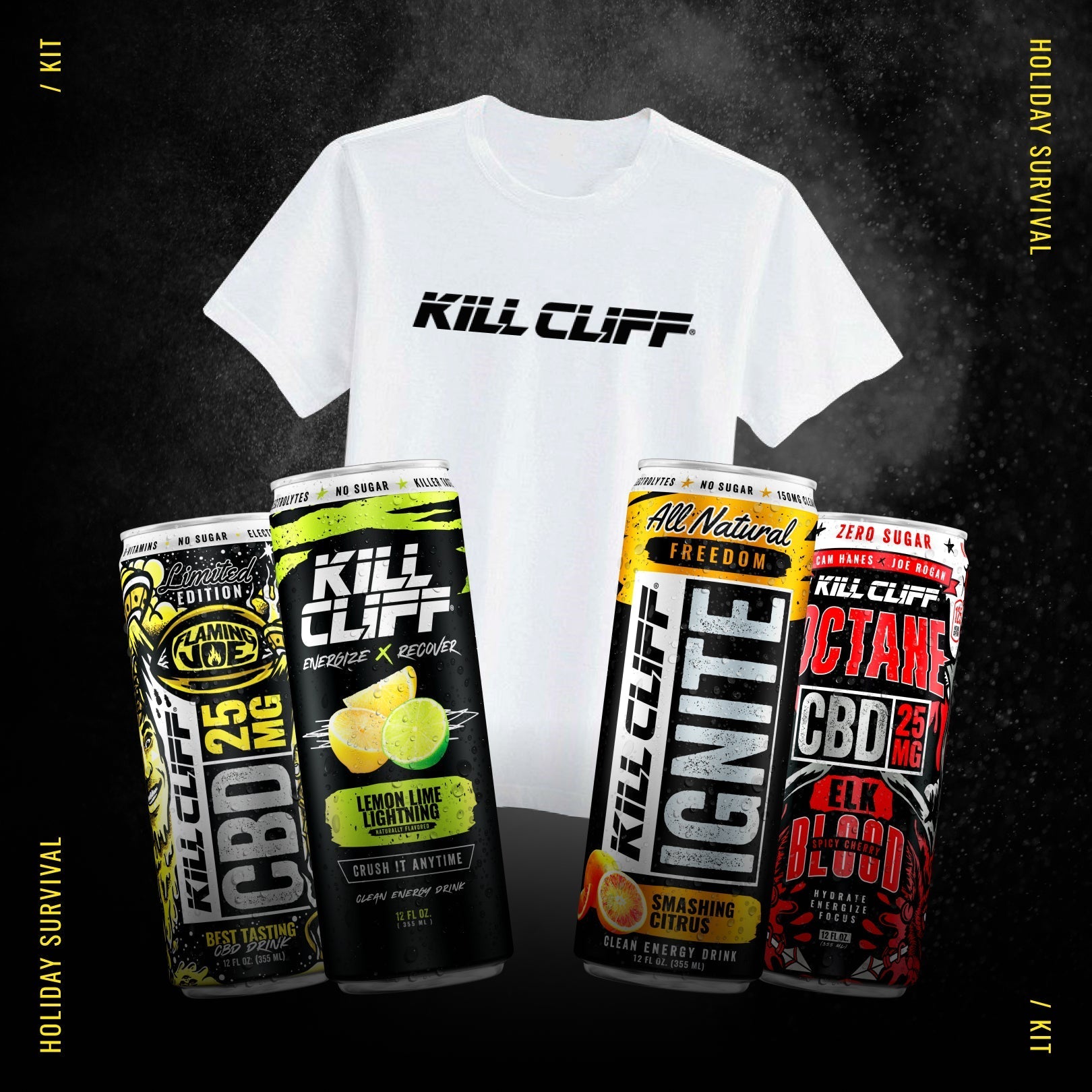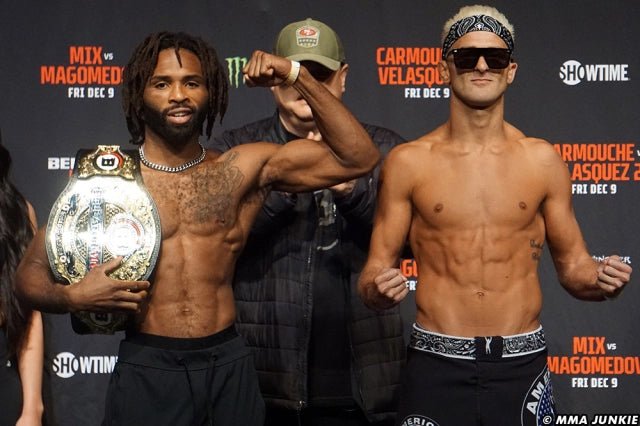Being a student athlete is hard work- you have to balance school, practice, games and maybe even a job. Eating to fuel your body for games and competitions may seem like just one more thing to add to your plate (pun intended!) and unnecessary but it’s actually crucial for performance. Sports nutrition for young athletes is a must if you want to be competitive.
Eating properly before a game or competition can increase speed, strength, power, time to exhaustion and limit cramping. How would you like to be faster, more powerful and stronger in your sport? Read on to find the answer to the question, “what should I eat before a game or competition?”
Our Bodies are Like Cars
Think of eating and hydrating before a game as putting gas in your car before a long road trip. The type and quality of gas will directly affect your car’s performance. Cheap gas= sputtering and gas getting burned off more quickly. Quality gas= a smooth ride where you step on the gas and your car accelerates with a quickness…how nice! How much you put in will directly affect how long you make it on the trip. A half of a tank may only get you two towns over before you need to pull off the interstate and fuel up again- how annoying! A full tank will get you to your final destination no problem. I don’t know about you but a full tank of quality gas sounds much better to me!
When you give your body junk food before a game or even no food, you might experience:
- running out of fuel quickly leading to hunger pangs
- bonking
- cramping
- nausea and/or vomiting
- stomach aches and/or diarrhea
- side stitches
- running much slower than normal
- inability to jump as high or throw as far
- overall fatigue and feeling of lead in your legs
Sound familiar? I probably don’t need to tell you any of this!
So What Do I Eat Before a Game or Competition?
You’re body uses two fuel sources: carbohydrates (quick digesting) and fats (slow digesting). Protein is not a fuel source but more used for body maintenance…think of it as oil in your car, keeping everything oiled and running smoothly. Since fat is slow digesting, you don’t want a lot of it immediately before you’re about to compete. The reason is because a large portion of your blood will be diverted to your stomach to aid in digesting the fat rather than delivering oxygen to your working muscles, where you want it. That leaves us with carbohydrates.
Carbohydrates pack a powerful punch in terms of delivering your body with energy. Think of it as high-test gasoline! How much you eat before your game will be related to how far in advance you are to competition/game time. Use this chart below:
Time Before Game Grams of Carbs Examples
½ hour 30 grams 2 slices of bread
1 hour 45 grams 1 large bagel
1.5 hours 60 grams 2 slices of bread and medium banana
2 hours 75-85 grams 2 slices of bread, medium banana and 1 oz pretzels
*Keep in mind, these numbers are just a guide and not specific in amounts from person to person. Your age, weight and sport will affect these numbers.
Directly before a game/competition is the time when you will want to not focus so much on getting in a lot of fiber as fiber can increase stomach distress. So think wheat bread or white bread instead of 100% whole wheat bread. Fruit is quick digesting because of the sugar content, despite containing some fiber, so also a good choice.
Protein is the other fuel source you want to focus on but not quite as much. Protein is made of amino acids, which basically helps to rebuild muscle during and after breakdown (a.k.a. exercise). Protein will also help to “time release” the energy out of your carbohydrates. Again, use the chart below to determine how much to eat and when:
Time Before Game Grams of Carbs Examples
½ hour 5-10 grams 1 Tablespoon peanut butter or 8 oz low-fat milk
1 hour 15-20 grams 2 oz chicken/turkey breast
1.5 hours 20-30 grams 3-4 oz chicken/turkey breast or fish
2 hours 20-35 grams 3-4 oz chicken breast and ½ oz 2% cheese or 1 T. peanut butter
*Eating too much protein too close to competition/game time can have the same affect as too much fat= GI distress.
Fat you’ll want to keep roughly at half of the amount of protein. So if you’re eating ½ hour before a game, you’ll want to keep fat at 2.5-5 grams. Fat can add up quickly so make sure you read food labels! To put it in perspective, 5 almonds contain 5 grams of fat.
Putting It All Together:
Based on the charts above, here are some great examples of what you can eat that don’t require much refrigeration or preparation:
Half Hour Before:
2 slices of bread with 1 T. peanut butter
Luna Bar
1 oz pretzels and 4 oz low-fat milk
16 oz sports drink with 5 almonds
1 Hour Before:
2 slices bread w/2 oz turkey breast, 8 oz 100% juice box
2 oz pita chips, ¼ c. hummus, 12 oz sports drink
1 sport gel (one that contains protein like Huma Gel), medium banana
2 oz pretzels, 2 oz jerky, 8 oz 100% juice box
Rx bar or Epic Performance Bar and 16 oz sports drink
Key Points to Keep in Mind!
- Plan ahead- what time do you get done school, what time will you need to eat to have enough time to make it to your game?
- Get a lunch bag/box- I absolutely love my Isobag to carry around my food and water all day while keeping it cold!
- Pack your bag- this one is obvious
- Don’t forget drinks- water, 100% juice, smoothies and sports drinks are great ideas! Check out my blog on calculating your sweat rate here!
Post-workout snacking is important as well. Check out my blog on how to put one together for you!
A well-rounded sports nutrition plan includes many pieces, including proper ratios of macro-nutrients, vitamins, minerals, hydration, nutrient timing and recovery. Is your plan or lack of plan lacking? Check out my FREE e-book, “Top 5 Steps to Fuel Your Body for Peak Performance” to find out what you’re missing!
